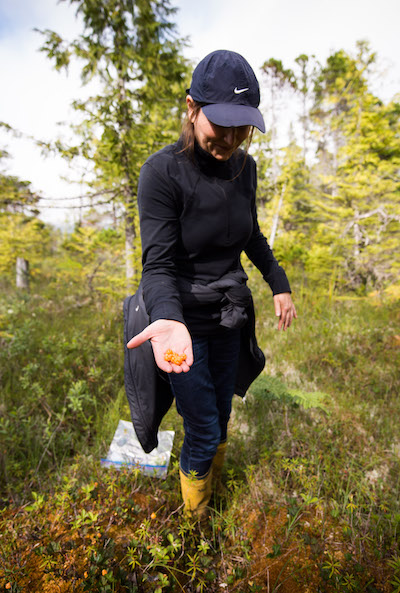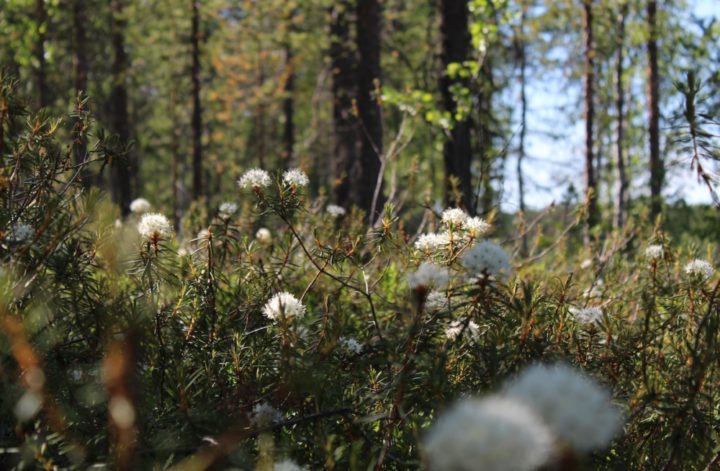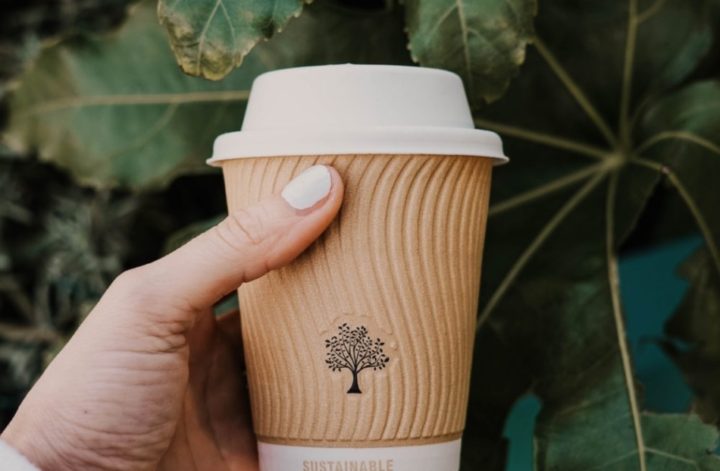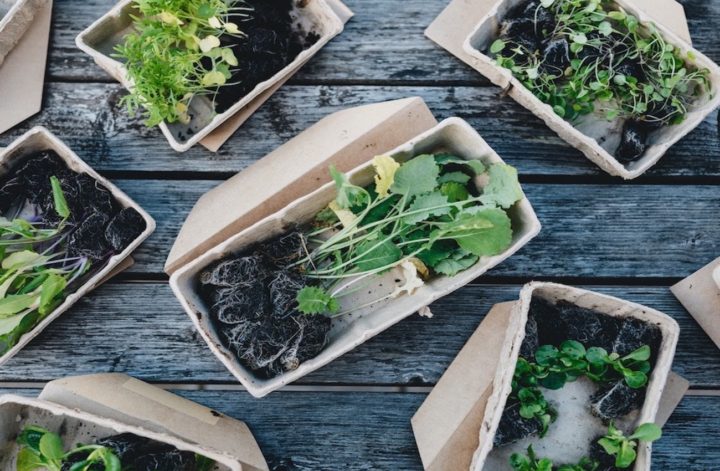Did you know that muskeg bogs cover about 12 percent of Canada’s land area and can be over 10,000 years old?
Created by receding glaciers, the bogs are composed of different mosses, plants and trees that decompose slowly in the wet, acidic landscape. They are amazing ecosystems with a vast level of biodiversity that are dependent on them.
An interesting fact about muskeg bogs is that they are massive carbon sinks, meaning that they sequester tons of carbon – keeping it from entering the atmosphere.
Unfortunately, this means that if the bogs are drained, damaged by fires, or stripped for industrial development, all of that carbon gets released into the atmosphere as carbon dioxide and methane. The problem is, that this further contributes to global warming.
The importance of muskeg bogs to Wild Skincare
The muskeg bogs are important to our company, Wild Skincare. One main ingredient in our skincare products is Labrador Tea. This plant grows exclusively in the muskeg bogs along the coast of the Great Bear Rainforest of Northwest B.C.
Harvesting Labrador Tea is one of the most Zen experiences. The smell of the air is an ethereal mix of the Labrador Tea shrubs, twisted coastal Pine, Cedar, Hemlock and Spruce trees.
The bogs are dead quiet except for the noise of nature: bugs buzzing around, birds singing, and the trees swaying and creaking in the breeze. It’s like being in Narnia – a private, magical universe removed from everyday life.
However, there’s a problem. Climate change is here and it’s affecting the very places that we’ve been sustainably harvesting for years.
How climate change impacts muskeg bogs
During our summer harvest, we see the muskeg drying up; we see dried orange Cedar trees, dead Salal bushes and dried brown Labrador Tea shrubs. And that’s just what is observed.
What we can’t see is how climate change is affecting the rest of the ecosystem, but we know the cascading effects will impact anything that depends on the integrity of this area for survival.
This isn’t just an issue here for us in the Great Bear Rainforest.
In Saskatchewan, the Lac La Ronge Indian Band has been fighting to save their traditional peatlands from “peat mining,” which would destroy this delicate ecosystem – not only affecting their traditional way of living but impacting caribou and a myriad of wildlife that depend on the peat bogs for their existence.
The really ironic thing about peat mining is that one of the uses for peat is gardening! We’re destroying a critical landscape so that we can have great hanging pots and gardens!
All over Canada, climate change and industrial practices like peat mining are affecting important ecosystems that humans and animals rely on to live.
Take Action
If you’re interested in learning more about these amazing ecosystems, check out online articles or the references listed below on muskeg and peat bogs. And, if you’re lucky enough to live near boggy areas, go check them out! While there, take a minute to pause and breath in that ancient magic!
References:
Coastal & Ocean Regions. Nature Canada. (2021, November 10). Retrieved March 29, 2022.
Muskeg. The Canadian Encyclopedia. (n.d.). Retrieved March 29, 2022
Peatland Action Case Study: What’s the connection between peat and carbon storage?
NatureScot. (n.d.). Retrieved March 29, 2022

Karen Martin is a founding partner in Wild Skincare, a forestry business consultant, a Mom, a student, and a passionate advocate for all things to do with looking after our breathtaking planet. There are no whales on Mars!
Website: https://wildskincare.ca/
Instagram: @wildskincare
Photo: Talon Gillis Photography
Note: this blog post was written in partnership with Wild Skincare.




